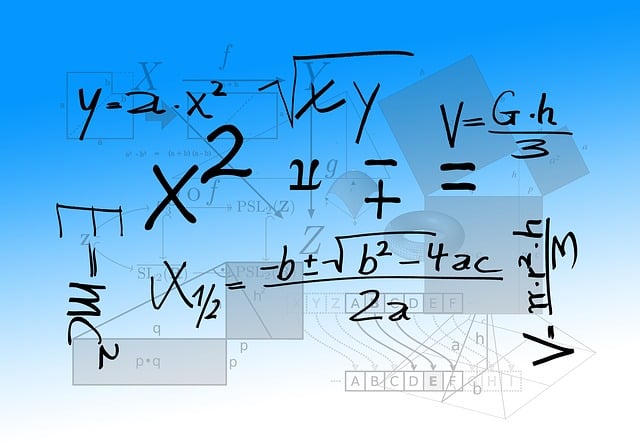Game Theory, a mathematical science, plays a pivotal role in shaping the strategic landscape of online casinos, ensuring fairness and player engagement. By analyzing player strategies in games like poker and blackjack, casino operators optimize rules, odds, and features to create profitable yet enjoyable environments. The "Math of Online Casinos" combines player insights with algorithms to provide real-time strategic guidance, enhancing both financial outcomes and the overall gaming experience for all participants.
“Unraveling the ‘Math of Online Casinos’: A Journey into Game Theory
Game theory, a powerful tool in understanding strategic decision-making, has invaded the digital realm, particularly online casinos. This article delves into the intricate world of this mathematical concept and its real-world applications. We explore how game theory shapes online gambling, from slot machine strategies to complex table games. By examining the mathematical foundation, we uncover insights that challenge and shape the industry, offering a unique perspective on the ‘Math of Online Casinos’.”
- What is Game Theory and How is it Used in Online Casinos?
- Strategies and Applications in Casino Games: A Deep Dive
- The Mathematical Foundation of Online Gambling and its Implications
What is Game Theory and How is it Used in Online Casinos?

Game Theory, a branch of mathematical science, offers a powerful lens to understand strategic decision-making in various scenarios, including online casinos. This theory studies interactive situations where outcomes depend on the choices made by multiple participants, often referred to as players. By analyzing these interactions, it helps predict and optimize behavior, making it an invaluable tool for both academic research and real-world applications like gambling.
In the context of online casinos, Game Theory is used extensively to design and balance games, ensuring fair play and maximizing player engagement. It helps casino operators understand player strategies, especially in popular games like poker or blackjack, where decisions made by multiple players simultaneously impact outcomes. By employing mathematical models and simulations, casinos can adjust game rules, odds, and features to create a balanced environment, providing both an enjoyable experience for patrons and sustainable profitability for the establishment, thereby enhancing the Math of Online Casinos.
Strategies and Applications in Casino Games: A Deep Dive

The mathematical foundations of game theory play a pivotal role in understanding and optimizing strategies within online casinos, where intricate interactions between players and house rules create dynamic environments. By employing game theory, mathematicians and casino operators alike can analyze and predict outcomes for various casino games, from classic roulette and blackjack to more complex poker variations. This deep dive into the ‘Math of Online Casinos’ reveals how strategic thinking and mathematical models are used to gain an edge in these popular gaming venues.
In practice, game theory allows players to identify profitable strategies by evaluating potential moves and their subsequent payoffs. For instance, in a game like blackjack, understanding basic strategy charts helps players make informed decisions based on the dealer’s upcard, minimizing the house advantage. Online casino software often incorporates sophisticated algorithms to simulate these scenarios, providing players with real-time strategic insights. Furthermore, game theory aids casino operators in setting fair odds and house edges for different games, ensuring a balanced and profitable gaming experience for all participants while maintaining the integrity of the ‘Math of Online Casinos’.
The Mathematical Foundation of Online Gambling and its Implications

The mathematical foundation of online gambling lies in game theory, a branch of mathematics that studies strategic decision-making. In the context of math of online casinos, this involves understanding player behavior and predicting outcomes based on probabilities and expected values. By applying these principles, casino operators can design games that are fair yet profitable, while players can make informed decisions to maximize their chances of winning.
This interplay of mathematics and strategy creates a complex landscape where each player’s decision affects the others. The implications are far-reaching, impacting not just the financial outcomes but also the overall experience for both casual and dedicated gamers. Understanding the math behind online casinos thus provides valuable insights into the dynamics of strategic interactions in a digital environment.
Game theory, with its mathematical underpinnings, plays a pivotal role in shaping the strategies and dynamics within online casinos. By understanding player interactions and behavior, this field enhances the gaming experience, from slot machine algorithms to complex table game strategies. The “Math of Online Casinos” reveals how mathematical models predict and optimize outcomes, ensuring fairness while providing insights for both operators and players to navigate this ever-evolving digital landscape.






